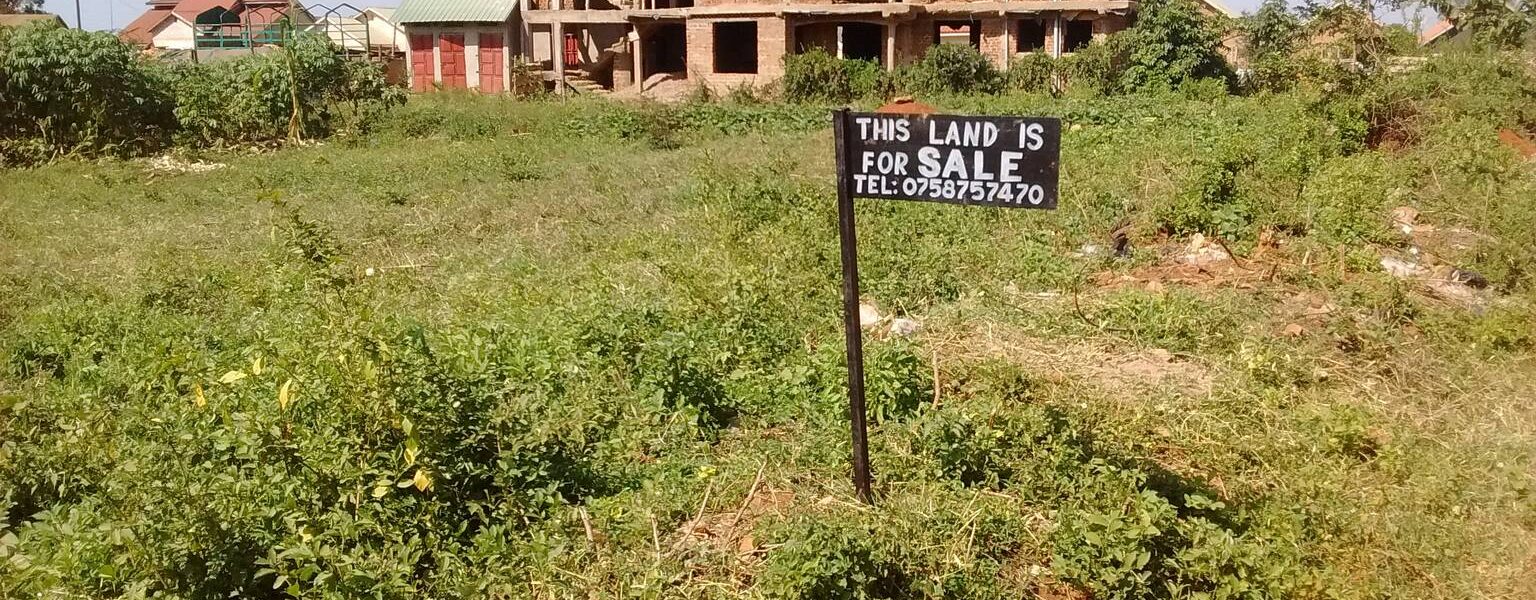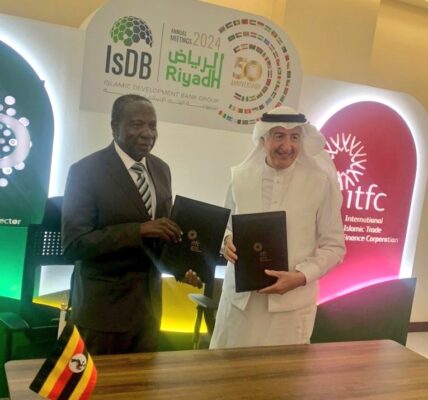The ongoing privatization of Acholi Sub-region’s government land, totaling over 45,000 hectares, has ignited a debate on the ethical management of public resources. The Ministry of Lands’ report reveals that private individuals have acquired extensive areas, over 158,100 hectares, through leasehold and freehold titles, a development that could have profound implications for the region’s socio-economic landscape.
From 1968 to 2023, 213 titles have been issued on government land, spanning 158,175.98 hectares. The split between 113 freehold and 100 leasehold titles raises questions about the adherence to legal frameworks governing land ownership. Prof Jack Nyeko Penmogi, the acting chair of the Uganda Land Commission, has pointed out the legal discrepancy in freehold ownership on public land, indicating potential corrective measures.
The distribution of titles across the region, notably in Gulu District, suggests a concentration of land ownership that may affect regional development and social equity. The Acholi Sub-region’s eight districts, covering 2.8 million hectares, have seen 5,494 land titles processed by the Ministry of Lands, with a significant lean towards leasehold arrangements.
The concerns expressed by Mr. Otinga Otto Atuka, deputy paramount chief of the Acholi chiefdom, about the National Forestry Authority and the National Environment Management Authority’s approach, underscore the tension between environmental conservation and the rights of local communities. The situation of settlers in Pabbo Sub-county’s forest reserve, who are now claiming ownership and seeking land titles, exemplifies the challenges of reconciling post-conflict land claims with sustainable development goals.
This scenario highlights the critical need for transparent, equitable, and sustainable land policies that can navigate the complexities of post-conflict recovery, environmental stewardship, and the equitable distribution of resources to foster long-term regional stability and prosperity.






